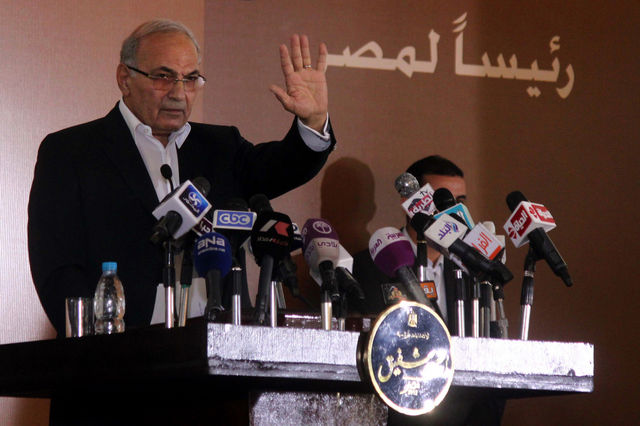Hindi Zahra is the new face of a young generation of emancipated, cosmopolitan singers and songwriters from North Africa. Her album “Handmade is due to be released in late February.
Born in Khouribga in southern Morocco, Zahra describes herself as an inveterate nomad: From the time I was a small child, I was out on the road with my parents and coming into contact with the whole spectrum of Moroccan music every day from the songs of the Berber women and Gnawa [a Sufi religious order in Morocco] chants to rock. The music of the Tuareg, too, Egyptian music and Bollywood was something I had a particular soft spot for.
Behind all of these influences was the voice of her mother that provided Zahra with an underlying melody. Among Berbers, singing has always been the preserve of the women and every family has a least one female member who sings.
Zahra is clearly moved as she explains that her background has given her a great deal of female, intimate and powerful self-confidence. So it is no surprise that all of her idols are female singers: the American Ella Fitzgerald, the great Egyptian diva Om Kolthoum, and the exotic and amazing voice of Peru s Yma Sumac with its five-octave vocal range. They are all divas of sadness, says Zahra.
She made her way to Paris as a young singer in a conscious attempt to free herself from the ties of her homeland and discover other cultures. It was difficult. She remembers: All [immigrants] find it hard to settle in a new country; especially young people. One can adjust better to change mentally as an adult. As a youngster, however, the whole thing is just too much, the change overwhelming. Settling into life in a big city was very difficult for me. I had always been used to being on the road.
Growing up as a Berber in a country with a strong Arab culture, and where Arabic rather than Berber was spoken, she always had the vague feeling of living a kind of “somewhere existence. It is a feeling, though, that has also always helped her to adapt to new places – eventually even to Paris.
She began life on the Seine as a soul backup singer. I became really frustrated working only with Western musicians, though, she recalls. But at the same time, I became aware of the wealth of material I had in me. I wanted to take the musical culture of my homeland onto another level, to introduce different instruments, especially the piano and the electric guitar, to create a harmonious blend from the most diverse instruments.
The end result of this young woman s journey of self-discovery can be heard on “Handmade, a mainly acoustic album of Berber blues, trance-like songs and echoes of the jazz sounds of the 1930s and 1940s delivered in both Berber and English.
The British magazine Wire described Beautiful Tango, one of the outstanding songs on the album, as a cross between Gypsy jazz guitarist Django Reinhardt and American jazz singer Billie Holiday. I d go along with that, Zahra laughs. The rhythm is clearly based on Berber handclapping. The blues music of the Berber, though, has affinities with the music of the French Manouche gypsies. Little wonder, given that both are nomadic peoples. And the old jazz is also something that fascinated and influenced me from an early stage. For me, jazz musicians are sailors on a journey into the unknown. I also go on this journey, with my voice as medium.
The 11 songs are characterized by spontaneity and informality, and range in character from informal, intimate miniatures to hymns to the night. Zahra also has a weakness for the psychedelic: the song Set Me Free , for example, is meant to capture the atmosphere of a night in the desert as one stares up in silence at the stars and drifts into contemplation of nature and the meaning of life.
The electric guitar, says Zahra, can take you to the stars. Other songs have more specific themes. Oursoul (a Berber word that sounds English), for example, is the name of a song that sensitively explores the theme of forced marriage – a cultural, not Islamic, tradition still practiced in the region.
Handmade was recorded in a large artists’ studio to lend an authentic handcrafted character to the sound. Musicians do work with their hands after all, so it is a handicraft, says Zahra.
I dream the arrangements and vocals, she states, quite seriously. The melodies tend to come of their own volition without any great effort on my part. I work instinctively, without putting anything down in writing. In her studio work, too, Zahra is constantly on the move. Be it Morocco, Paris, Brussels or London, she remains a true nomad.
